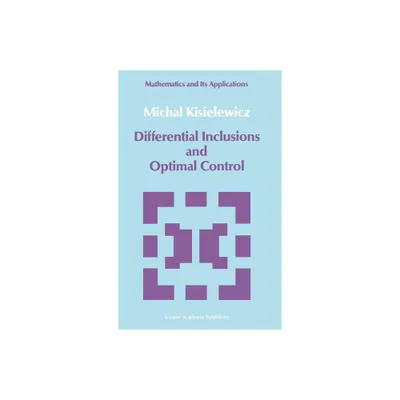Home
Inside the Mathematics Class: Sociological Perspectives on Participation, Inclusion, and Enhancement
Loading Inventory...
Barnes and Noble
Inside the Mathematics Class: Sociological Perspectives on Participation, Inclusion, and Enhancement
Current price: $109.99


Barnes and Noble
Inside the Mathematics Class: Sociological Perspectives on Participation, Inclusion, and Enhancement
Current price: $109.99
Loading Inventory...
Size: Paperback
*Product Information may vary - to confirm product availability, pricing, and additional information please contact Barnes and Noble
This volume is a forward–looking intersection of Sociological perspectives on mathematics classrooms and socio-political perspectives on mathematics education. The first perspective has generated a substantial body of knowledge in the mathematics education. Interactionist research has deepened our understanding of interaction processes, socio-mathematical norms and the negotiation of meaning, generating a ‘micro-sociology’ or a ‘micro-ethnography’ of the mathematics classroom. More recently, socio-political perspectives on mathematics education interrelate educational practices in mathematics with macro-social issues of social equity, class, and race and with the policies that regulate institutionalized mathematics education.
This book documents, strings together and juxtaposes research that uses ethnographical classroom data to explain, on the one hand, how socio-political issues play out in the mathematics class. On the other hand, it illuminates how class, race etc.affect the micro-sociology of the mathematics classroom. The volume advances the knowledge in the field by providing an empirical grounding of socio-political research on mathematics education, and it extends the frame in which mathematical classroom cultures are conceived.
This book documents, strings together and juxtaposes research that uses ethnographical classroom data to explain, on the one hand, how socio-political issues play out in the mathematics class. On the other hand, it illuminates how class, race etc.affect the micro-sociology of the mathematics classroom. The volume advances the knowledge in the field by providing an empirical grounding of socio-political research on mathematics education, and it extends the frame in which mathematical classroom cultures are conceived.











![Global Perspectives on Youth Language Practices - (Contributions to the Sociology of Language [Csl]) (Paperback)](https://cdn.mall.adeptmind.ai/https%3A%2F%2Ftarget.scene7.com%2Fis%2Fimage%2FTarget%2FGUEST_89fcfd2a-ad6f-417e-a3a6-c59ff64a248f%3Fwid%3D1000%26hei%3D1000_medium.webp)






